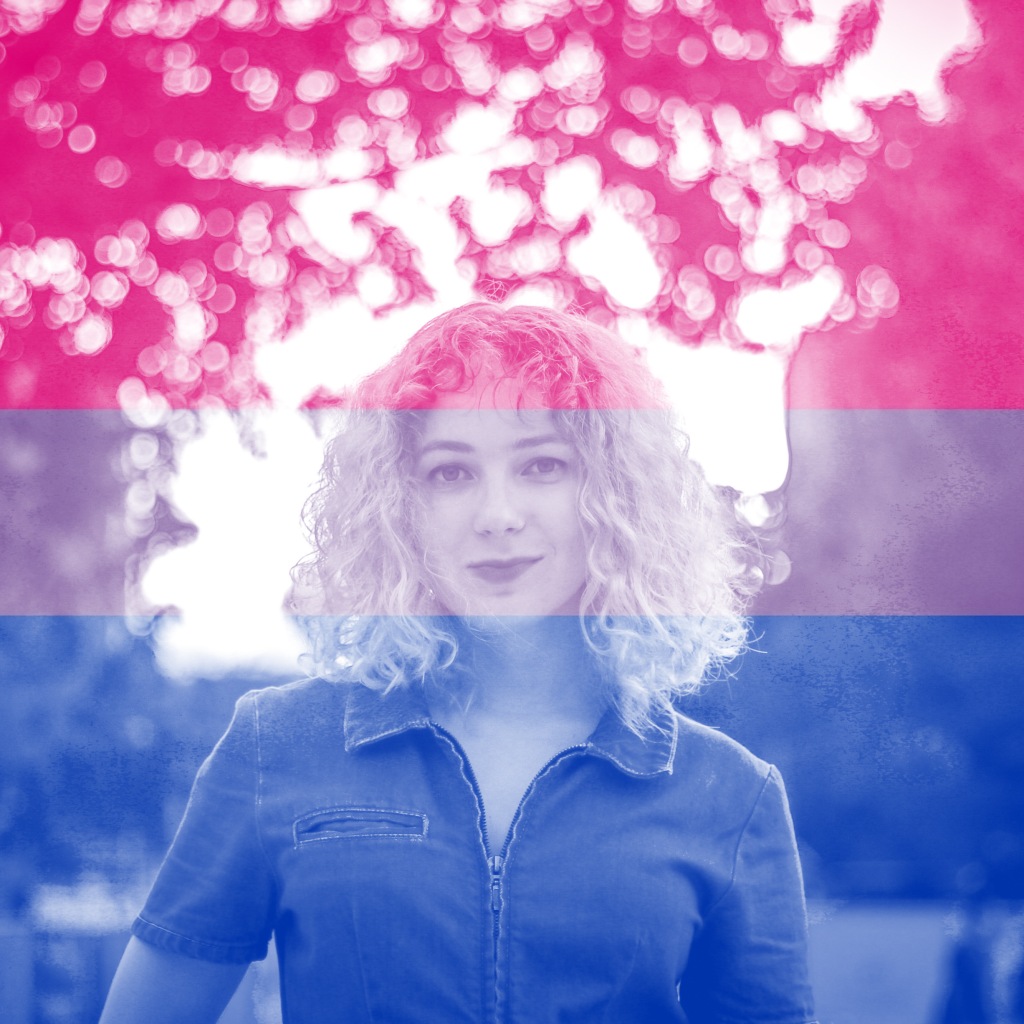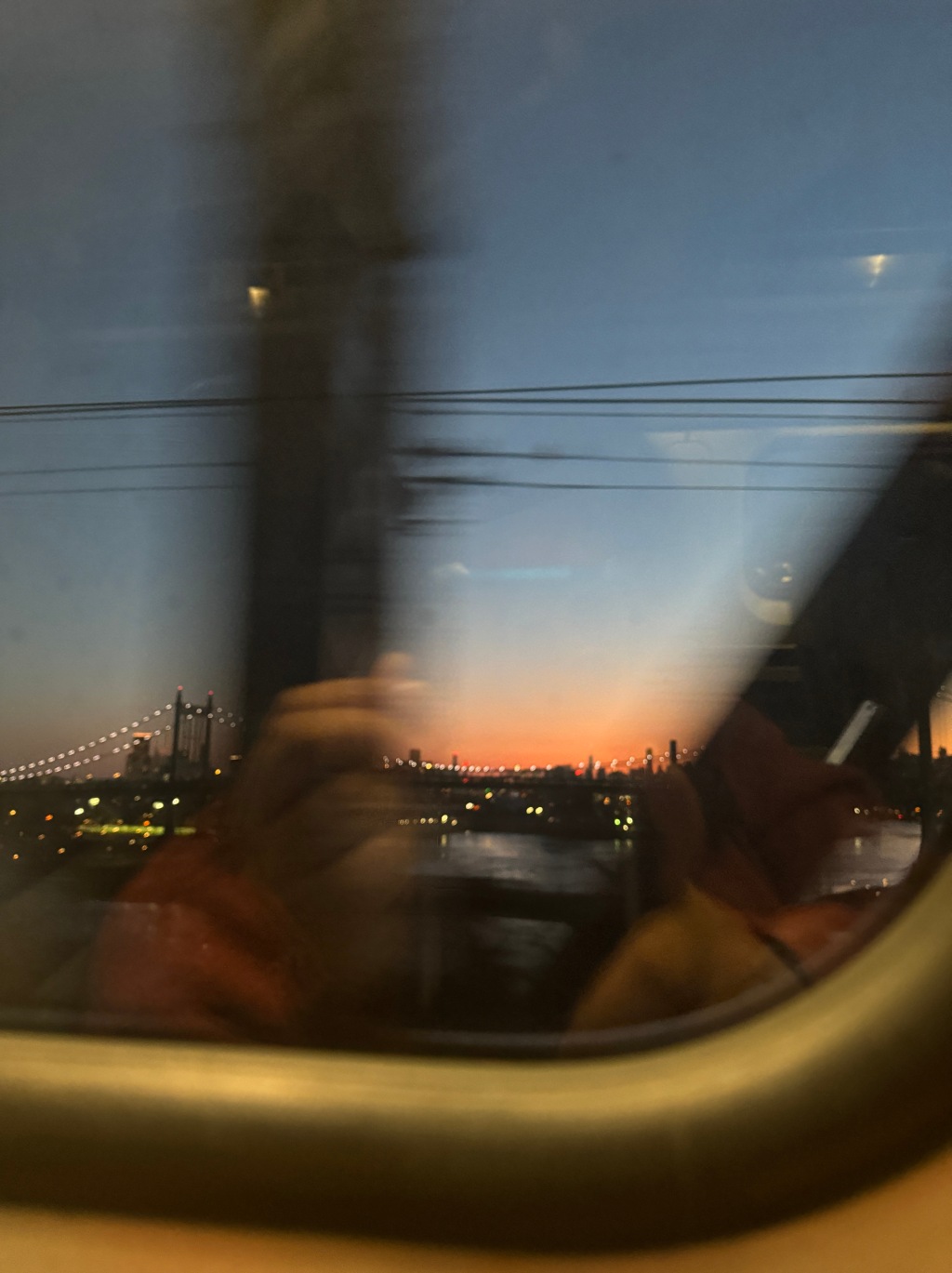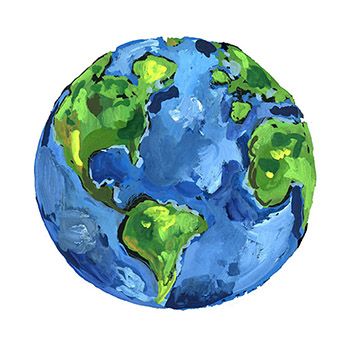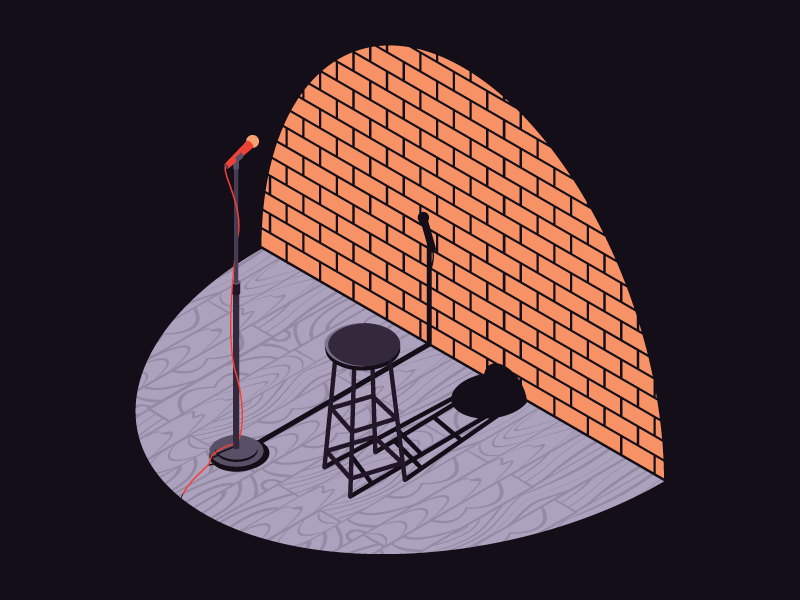
Every time I come out to someone as bisexual, I look at their eyebrows.
It’s a no-fail strategy to see someone’s actual reaction to the news. It goes something like this:
Eyebrows raised = “Oh? But you don’t look bisexual?”
Eyebrows furrowed = “I definitely thought you just had a long-term boyfriend.”
Eyebrows softened = “Poor thing, she’s confused. She’ll pick a side eventually.”
Of course, what actually comes out of their mouth is “great,” or “thanks for telling me,” or “I support you.” But as they say: the eyebrows are the window to the soul.
I realized I was bisexual in high school. My boyfriend at the time told me about one of our friends who had kissed a girl at a college party, and her boyfriend was upset at her for cheating. My boyfriend told me that if I ever did that with a friend, he would never recover.
I texted him, “I’ve actually always wanted to kiss a girl.” Wrong choice. Though I couldn’t see his eyebrows, I’m sure it was a mix of raised/furrowed/angry.
“I’m definitely not the person you should’ve told that to,” he texted. For the rest of our relationship, he would remind me that it didn’t matter if I was attracted to women because we were going to end up together, which meant I was straight. He also accused me of wanting to pursue my college roommate because I called her “cute” once.
So I pushed the feelings down — until I broke up with him a few years later. After that school year ended, I found myself watching a Dodie video and remembered the feelings I had before my ex erased them. I was, and always have been, bisexual.
It all fell into place; even as a child, I rebelled against the norms of gender and sexuality. My first attraction was toward Kim Possible in elementary school. I would steal my brother’s clothes and beg to wear them to school. I was enchanted by the girl in fourth grade who pulled up her shirt to show me her scar, and was just as infatuated with the girl who wore choker necklaces in my college lecture.
I’m bisexual. It just never had a name until now.
I told my roommates the day after my revelation while lying together in the dark. I received silence, and their eyebrows weren’t visible to gauge their reaction. A few months later, I went to Detroit Pride and hinted to some other friends that I wanted to kiss a girl. Again, no acknowledgement, and I didn’t know if that was a good or bad thing. Is it better to react or not to react?
At the time, my own insecurities made these situations feel like bi erasure. For context: bi erasure is the tendency to question or deny the existence of bisexuality, and instead ignore it or attribute it to confusion or lying. I felt like the lack of reaction and support from my friends meant that they didn’t believe me or were just playing along.
I became even more sensitive to bi erasure after officially coming out. When I first started seeing an AFAB individual (assigned female at birth), my friend asked if I was “still gay,” anticipating that I would change my mind after the experience and realize I was actually straight. I’ve even noticed bi erasure coming from myself in comparing my appearance to my roommates’, who “look” more bisexual than me and are often mistaken as queer. How could I be accepted into the bi community if I still look more straight than my straight roommates?
The truth is, most of my experiences coming out have been positive — but I only remember the ones I’ve interpreted as hurtful. I’ve been so fixated on others’ reactions that I’ve given them complete power over how I feel about my identity. People will react however they choose, and analyzing their response has only made me less certain about myself and more comfortable in the closet.
Bi visibility means not looking to others to define what bisexuality means, because we are the ones experiencing it. I’ve hidden my identity from so many people to avoid their assumptions — to my ex-boyfriend, being bisexual meant I was more likely to cheat; to others, it may look like I’m seeking attention or confused.
And some people might assume certain things about you just by looking at you: I’m currently in a male-female relationship, but it’s not a straight relationship. I don’t have to choose a side. Plus, being bisexual can be interpreted in a multitude of ways: for me, it means I can be attracted to people of a similar or different gender than my own, which includes non-binary and transgender people.
For Bi Visibility Day, I’ve made a promise to become more visible for the sake of the community, because I’ve realized being vulnerable is the only way to access your authentic self. My bisexual insecurities come from feeling that I’m not “bi enough” to come out, and the irony is that “being bi enough” isn’t real — it’s only a product of the lack of bi representation. I’m trying to pay forward some of that representation I needed when I was younger.
Visibility means seeing yourself first. It means looking into a mirror, studying your reflection, and coming out to yourself. You’ll see that your eyebrows will not raise or furrow or soften — they will do absolutely nothing.
And that will be a wonderful thing.
Hannah Brauer
Communication & Media and Creative Writing & Literature, 2020



Leave a comment